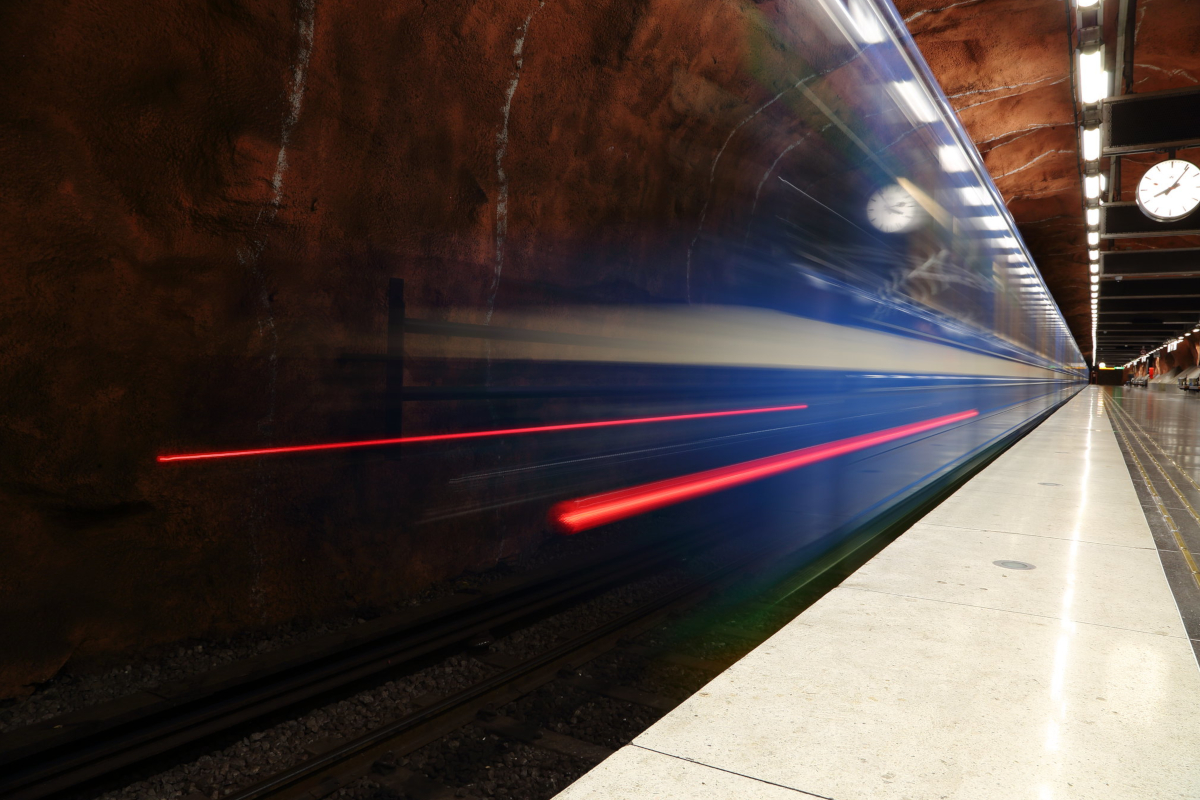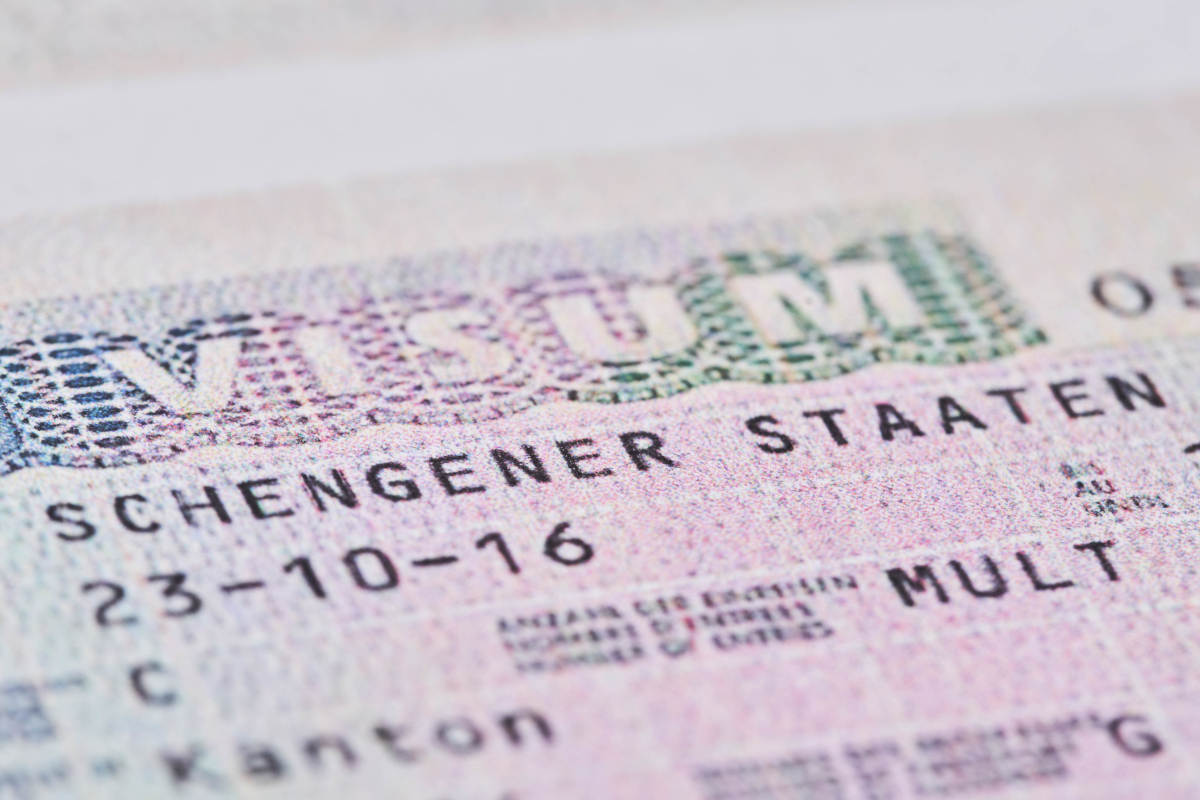Schengen states make new call for border wall funds
Topic
Country/Region
19 June 2023
A group of eight Schengen states has reiterated the now-longstanding call for the European Commission to fund the construction of border walls.
Support our work: become a Friend of Statewatch from as little as £1/€1 per month.
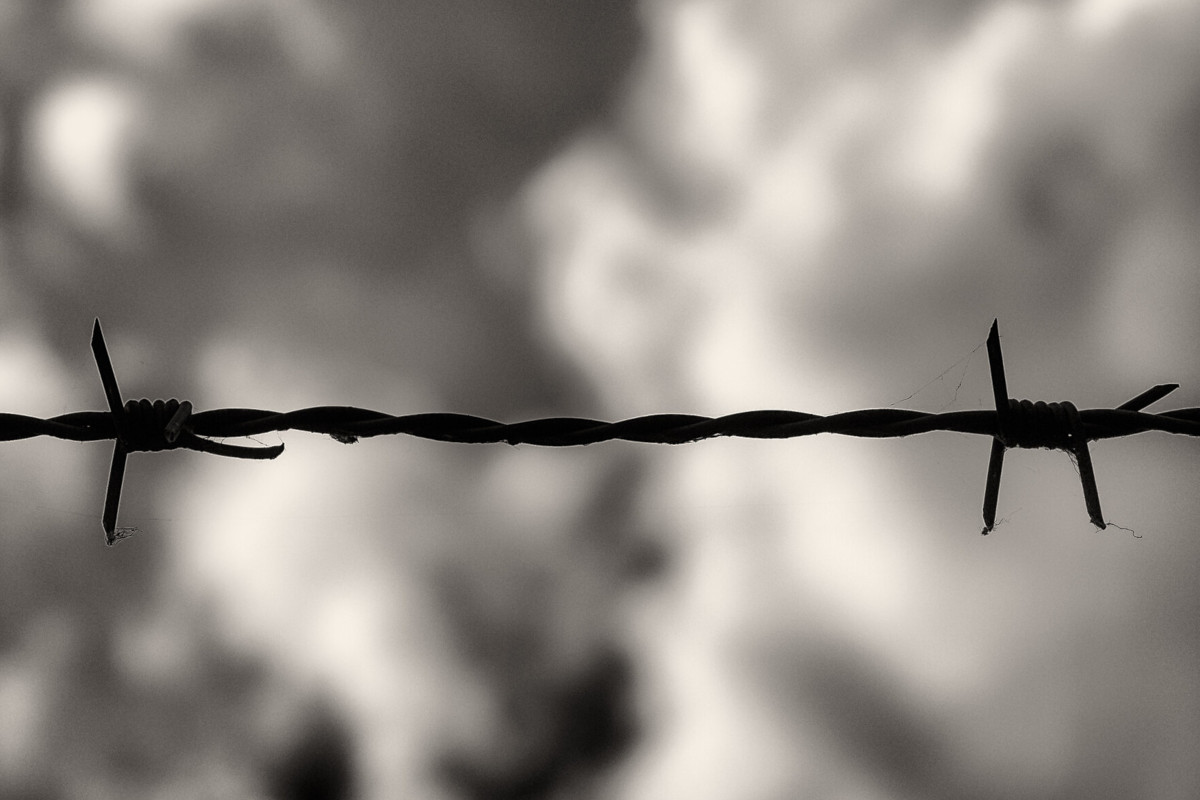
Image: Claus Tom Christensen, CC BY-NC-ND 2.0
Same old story
Demands for the European Commission to fund border walls are nothing new.
In October 2021, 12 member states wrote to the European Commission stating: "Physical barriers appear to be an effective border protection measure that serves the interest of the whole EU, not just member states of first arrival... This legitimate measure should be additionally and adequately funded from the EU budget as a matter of priority."
This was followed in February this year by European Council conclusions that, more ambiguously, called on the Commission "to fund measures by Member States that directly contribute to the control of the EU external borders, such as the border management pilot projects, as well as to the enhancement of the border control in key countries on transit routes to the European Union."
Of course, the member states do not seem to have any problem in building border walls: "in the last eight years member states have built more than 1,700 kilometers of walls to protect themselves not against tanks or soldiers, but against migrants and refugees."
At the same time, as highlighted in a 2019 report by the Transnational Institute, "the Commission is willing to pay for anything that fortifies a border" - cameras, sensors, vehicles, buildings, and so on - "as long as it is not seen to be building the walls themselves."
"Build the wall(s)"
This is still not enough for some states, with eight of them - Estonia, Hungary, Latvia, Lithuania, Norway, Poland, Romania and Slovakia - renewing the demand.
In a joint statement (pdf) that, until now, has remained secret, the members of the Ministerial Forum for Member States of the Schengen area with external land borders:
"...agree that physical infrastructure as [sic] an effective means of protection supporting the activities of border services, especially in the situation of instrumentalisation of migration. Therefore we encourage EU to look for a solution to finance physical infrastructure (including physical barriers) from EU Funds." (emphasis added)
Amongst other things, the statement also calls for "common minimum standards for external border surveillance" and says that "the European External Action Service and Frontex should enhance cooperation with third countries of origin and transit to facilitate returns and the 20 operational measures EU Action Plan on the Western Balkans should be implemented without delay."
Documentation
- Ministerial Forum for Member States of the Schengen area with external land borders − Joint statement (Council doc. 9939/23, LIMITE, 30 May 2023, pdf)
Our work is only possible with your support.
Become a Friend of Statewatch from as little as £1/€1 per month.
Further reading
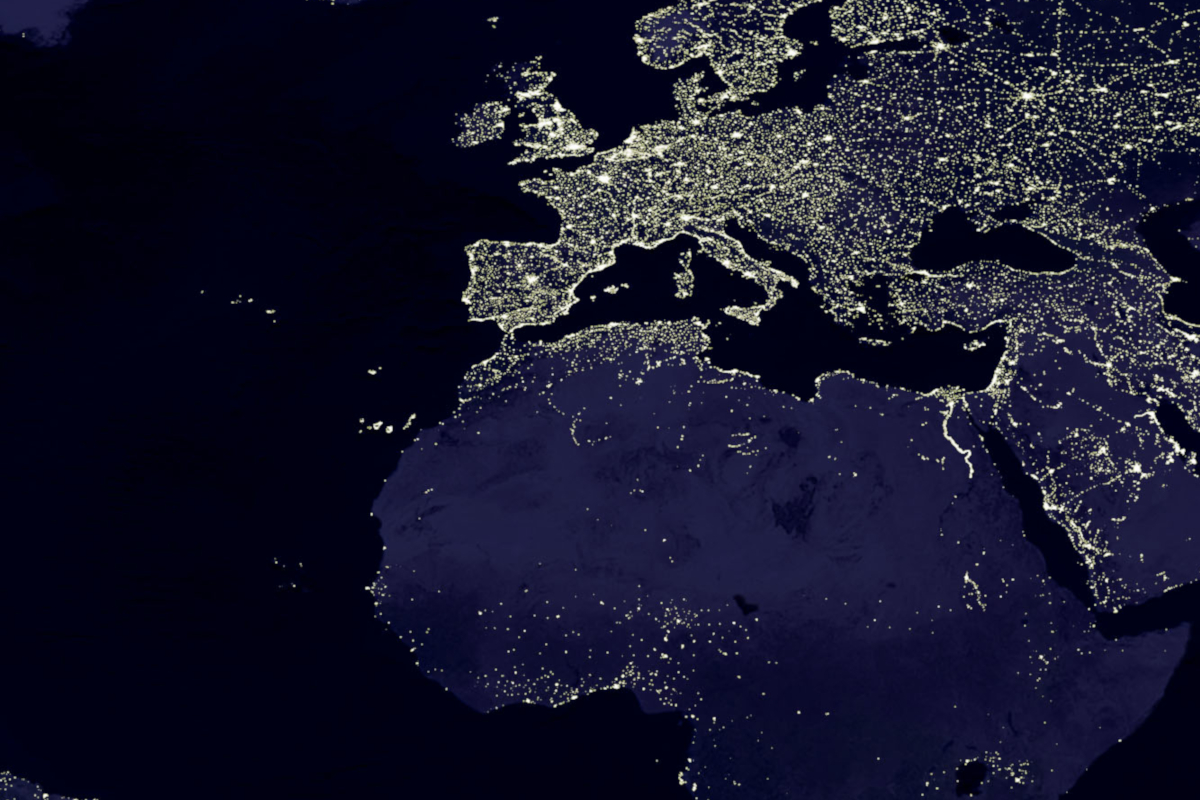
EU-Africa: "Build bridges between people, not walls": civil society statement
A statement signed by networks and organisations representing hundreds of different groups, calling for a change in approach to EU-Africa relations and an end to the EU's "security approach to migration policies." The statement was published ahead of the European Union-African Union summit on 17 and 18 February.
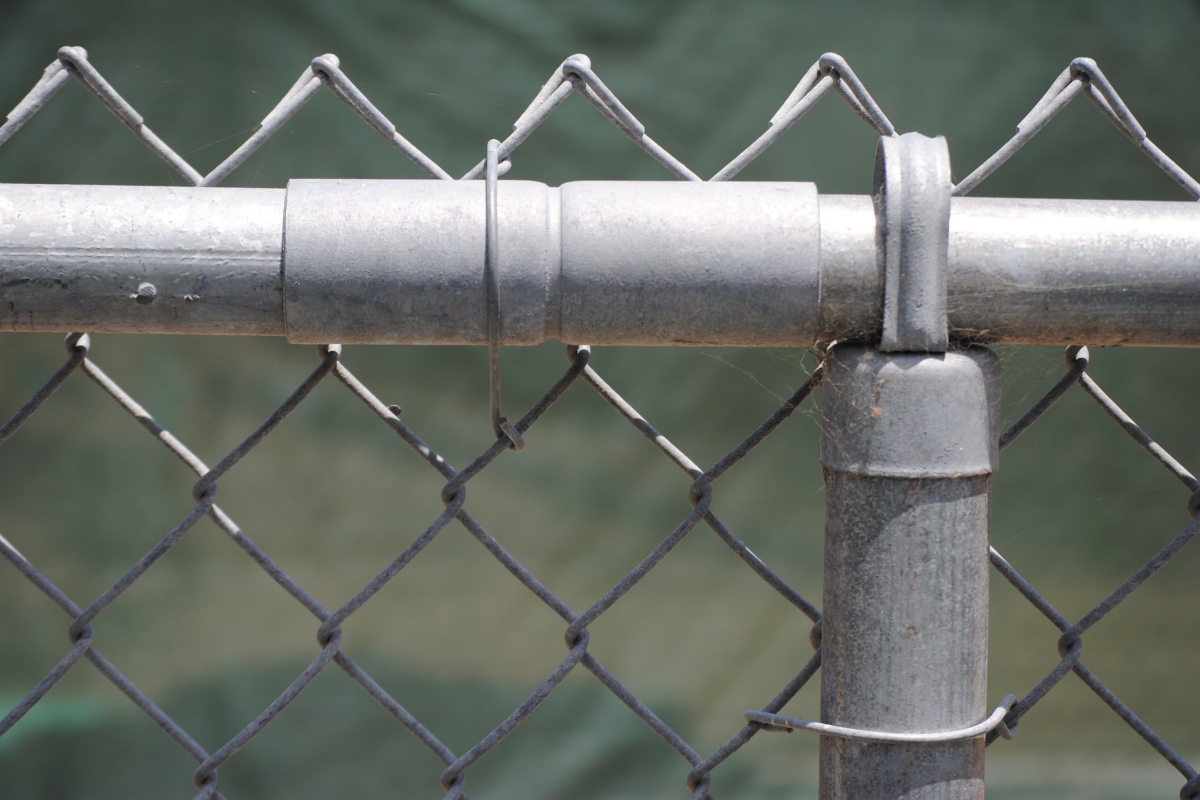
Building walls, restricting rights: Lithuania's response to the EU-Belarus border 'crisis'
After the ongoing politico-diplomatic clash between the EU and Belarus reached a peak in the summer of 2021, press attention turned towards the situation at the Polish-Belarussian border, where thousands of people arrived hoping to travel onwards to EU territory. However, the response from the Lithuanian authorities also merits examination: the country's efforts to prevent irregular arrivals have been widely supported by the EU, despite widespread allegations of fundamental rights violations.
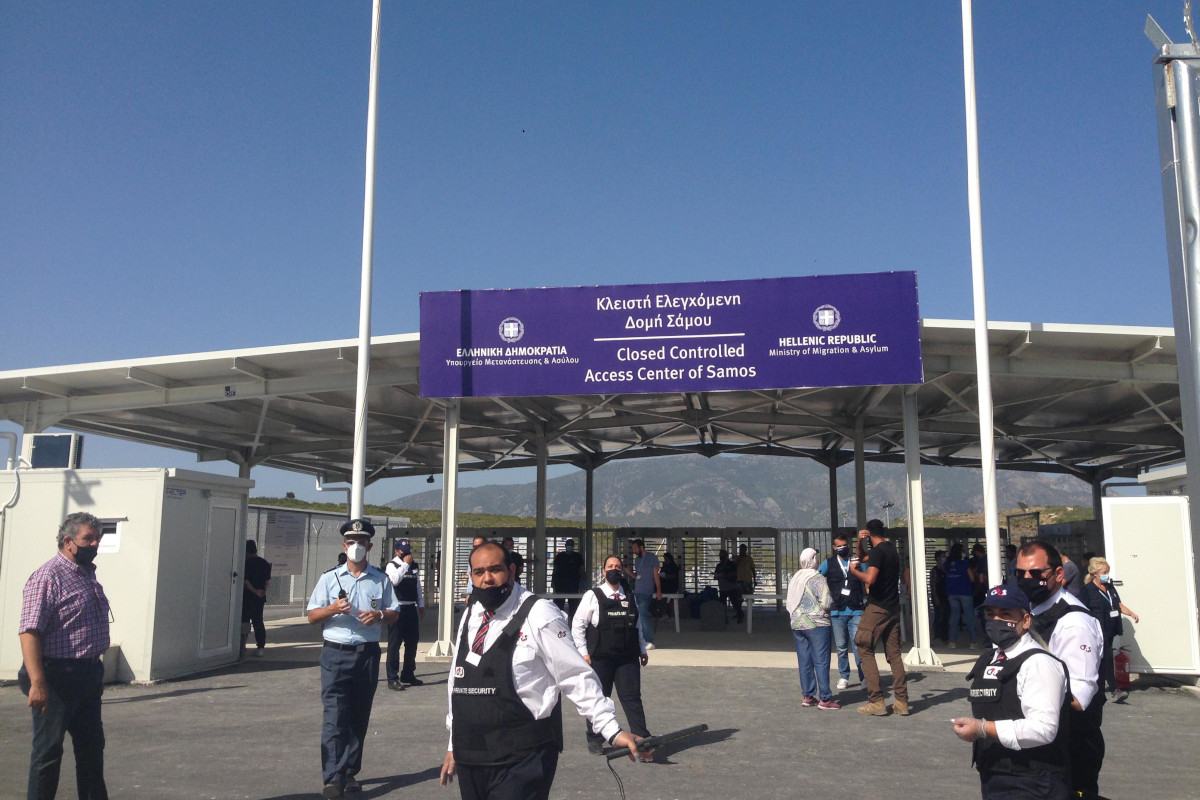
Greece: The new hotspots and the prevention of “primary flows”: a human rights disaster
The Greek government and the EU have evicted various self-managed hospitality structures and are now closing down the squalid, state-run refugee camps on the islands of the Aegean. People are being transferred to newly-built "closed controlled access centres". These prison-like facilities, which are coming into use at the same time as a the services available to refugees are being cut back, are having injurious effects upon people's mental health and wellbeing. Nevertheless, with the Greek government focusing on preventing "primary flows", it seems the new camps are set to play a growing role in the detention of people awaiting deportation.
Spotted an error? If you've spotted a problem with this page, just click once to let us know.
